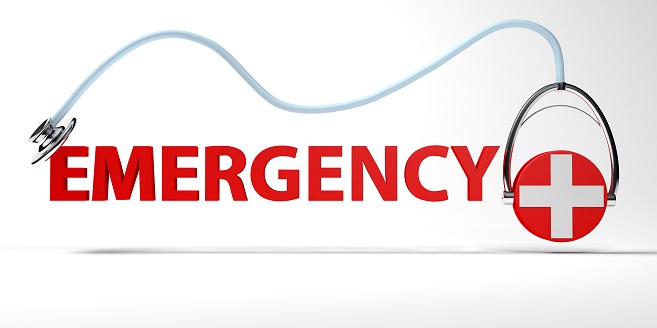
Disaster Nursing: 6 Ways Nurses Can Help After Disasters
No matter the region of the country, disaster can strike and leave entire communities in complete devastation. Disaster nursing can include nurses from all fields of medicine. Response to a disaster, whether natural or man-made, includes multiple stages of assistance: the initial, intermediate, and final response.
TAKE your nursing career to the next step - see all of our travel nursing jobs
6 Ways to Get Involved with Disaster Nursing
1. Red Cross. Most people immediately envision the presence of the long-established Red Cross organization following a disaster. The Red Cross provides disaster nursing for natural disasters such as earthquakes, hurricanes, tornados, fires, and floods.
The Red Cross also provides an avenue for nurses to help communities with blood drives and health education classes like CPR and First Aid.
2. Disaster nursing and the International Medical Corps. Offering assistance around the globe, the International Medical Corps respond to a variety of events in an effort to provide care to those affected by war, poverty, disease, and natural disasters. Since this organization provides disaster nursing in some of the most extreme conditions, you must understand that your resources may be very limited.
3. Helping other nurses. Disaster nursing doesn’t just help non-medical personnel. When a disaster strikes, those who provide medical aid and help are affected, too. By volunteering to provide medical care in an area affected by a disaster, you allow other nurses to take care of their families and the damage they themselves have endured.
4. Providing additional resources. Every hospital, from the smallest to the largest, has a finite number of resources. Inside each facility is a set number of operating rooms, stretchers, and actual staff. During a disaster, those resources are often taxed to capacity.
By volunteering for disaster nursing, you provide another resource: relief. By stepping in for a nurse who has been working around the clock, with an unending number of patients waiting, you provide the relief that is necessary and essential to ensure the best in patient care.
5. Keeping the daily routine going. Most people think disaster nursing involves a lot of adrenaline pumping drama but that isn’t always the case. If a community or region is affected by a widespread disaster, not only will emergency needs be addressed but daily operations must go on, as well.
Nursing facilities will still need to be manned, as will certain therapy treatments. Patients who are bed-ridden still need caregivers. If the usual nursing staff is unable to reach work or is tending to their own damages, volunteer nurses can step in alleviate the strain of a facility being short-staffed.
6. Helping to return a community to a state of normalcy. In any disaster, there are stages of response. The initial response is focused on any rescue or immediate treatment and providing basic needs. The subsequent responses are geared to fixing infrastructure and alleviating any ongoing strain due to staff shortages and support of recovery personnel.
Disaster nursing has many roles to fill. Ongoing response allows the affected community to step back into their normal, everyday roles. Volunteering for disaster nursing is not an easy task, and it does require sacrifice. However, it allows you to provide your fellow citizens and nurses with tangible support in some of their darkest hours.